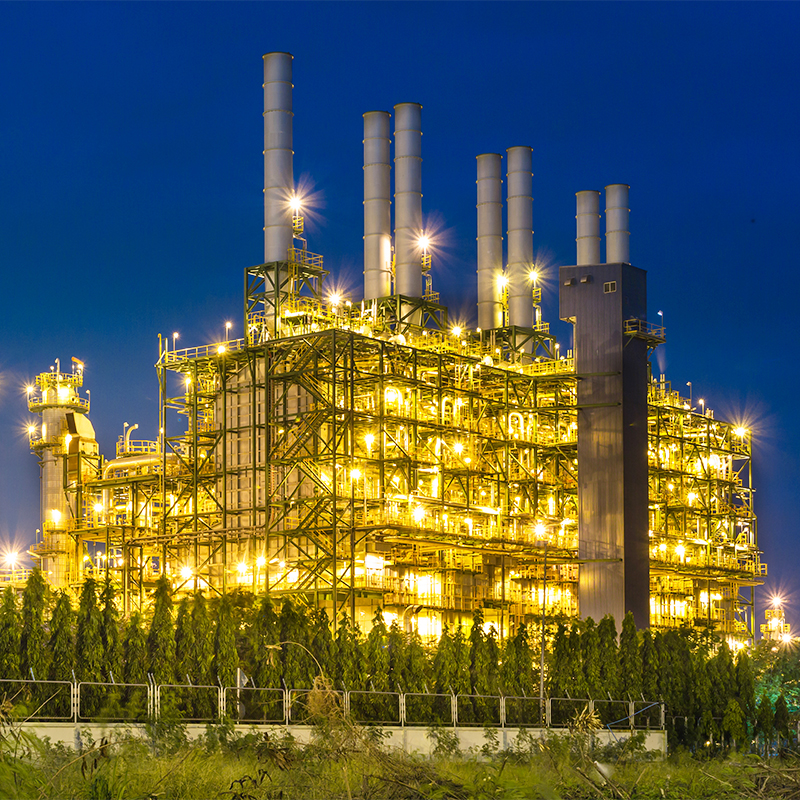
20 Dec 2021 --- Ineos is partnering with Plastic Energy in what is being touted as a “breakthrough” in chemical plastics recycling. The collaboration will see the duo trialing technology to convert hard-to-recycle plastic material into food-grade plastic for F&B packaging.
PackagingInsights speaks with Susan Fitzsimons, communications manager at Plastic Energy, about the project, which she claims is the “first of its kind.” The collaboration says the project will help evolve the UK’s recycling infrastructure and environment policy.
The process will use existing refinery operations replacing oil with Plastic Energy’s TACOIL – made from waste flexible food packaging to remake virgin plastic for reuse in food and hygiene applications.
“Our patented chemical recycling technology uses a thermal anaerobic conversion (TAC) process to convert post-consumer end-of-life plastics into recycled oils, called TACOIL,” explains Fitzsimons.

“TACOIL can be used by petrochemical companies as a replacement for fossil oils in the manufacturing of virgin-quality plastics, which can be used for food-grade packaging.”
The companies have come together to launch a preliminary trial in Q1 of 2022 at the Ineos Grangemouth facility in Scotland, UK. Financial details of the partnership are undisclosed.
 The technology uses a thermal anaerobic conversion process to convert post-consumer end-of-life plastics into recycled oils, called TACOIL.Advanced recycling advancing
The technology uses a thermal anaerobic conversion process to convert post-consumer end-of-life plastics into recycled oils, called TACOIL.Advanced recycling advancing
Advanced (or chemical) recycling is designed to create a closed-loop system for plastics management, help reduce landfills, prevent plastic from ending up in the environment, and reduce the use of fossil-derived raw materials.
“The circular reuse of end-of-life plastic is a step toward reducing total carbon emissions,” says Ineos.
Plastic Energy claims its technology allows for the improvement in circularity of highly demanding labeling and packaging applications, such as chocolate bars, snacks and biscuits, pet and dry food. The new project also adds to the existing use of mechanically recycled plastic in Ineos’ “Recycl-IN” range of products.
“With demand increasing from UK consumers to have more sustainable packaging, it is important that chemical recycling technologies are recognized and backed by the government to increase the availability of recycled content available for the plastics and packaging value chain,” Fitzsimons underscores.
Ineos innovations
Meanwhile, Petroineos, a joint venture between Ineos and PetroChina, will supply recycled raw material for transformation into certified circular plastic with identical properties expected of virgin plastics made from oil and gas.
“Turning end of life plastic into new food-grade quality packaging products makes environmental and commercial sense,” says Peter Grant, business director at Ineos Olefins & Polymers (UK) Europe.
“This trial is a further positive step toward eliminating waste and makes circular economy solutions possible. Advanced recycling adds to the existing initiatives within our product portfolio to make greater use of post-consumer material while ensuring that sustainable solutions meet all safety, quality and performance in-use standards.”
Chemical recycling overcomes criticism
Earlier this year, PackagingInsights spoke with Susan Hansen, global strategist for food packaging and logistics at Rabobank, about the global advancement of chemical recycling technologies and the challenges lying ahead.
She explained that despite criticism from NGOs and media reports challenging the cost-effectiveness and environmental performance of these technologies, the Dutch financial services company has monitored “plenty of activity” in 2021, including traceability solution trials, new plant announcements, partnerships, acquisitions and equity stakes.
In March, Rabobank predicted advanced recycling plants will double to around 140 plants globally by 2025, with a combined capacity of 3-4 million metric tons. Since these estimations were made, the speed of activity has increased even further.
By Louis Gore-Langton












